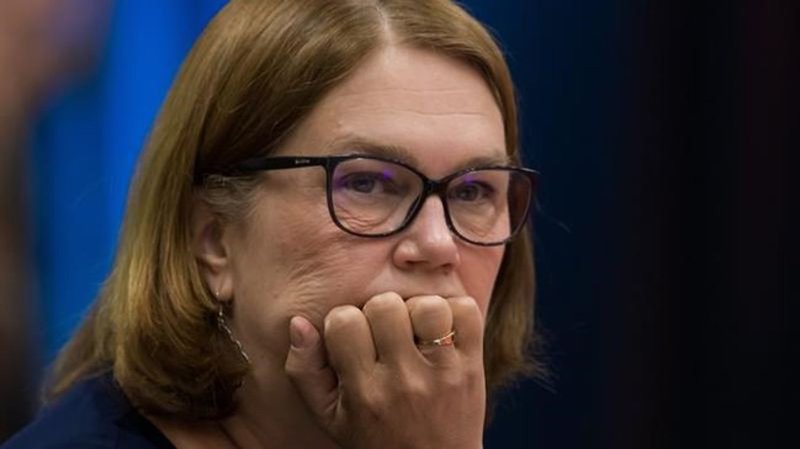
‘Anxiety’ over 3-year decriminalization plan in B.C.: former federal health minister
A former federal health minister who championed decriminalization in Canada says a three-year model approved for British Columbia may not provide ample evidence to ensure the success of a policy that should have been implemented across the country.
Jane Philpott said in an interview the evidence from Portugal, the first European country to decriminalize small amounts of drugs for personal use in 2001, could not be assessed for several years after other health, legal and housing measures were also put in place for entrenched drug users.
“Three years of a small piece of a whole package will not be enough to be able to say whether this works or doesn’t,” she said of Canada’s plan in B.C. “And in some ways, there’s anxiety over the failure to demonstrate its success.”
Decriminalization is slated to go into effect in B.C. at the end of January 2023, when those 18 and over will not face criminal penalties for possessing a total of 2.5 grams of opioids, cocaine, methamphetamine and MDMA, also known as ecstasy. Police would no longer confiscate drugs.


